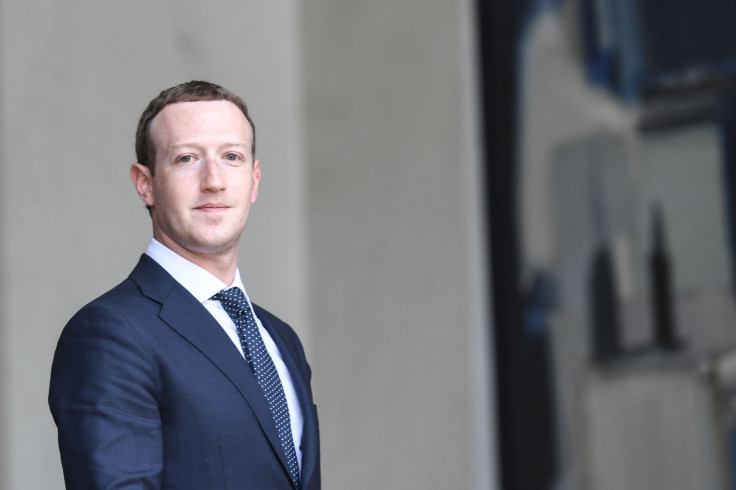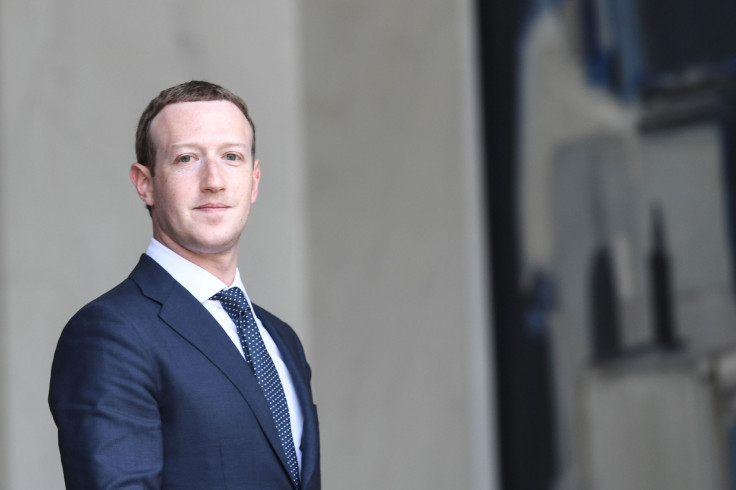Facebook Reveals More Than 50 Hardware Data Partnerships In Document

Social media giant Facebook has spent most of 2018 fighting off accusations of data misuse, and a document released over the weekend will not stem that tide.
Facebook gave hundreds of pages worth of answers to the House Energy and Commerce Committee on Friday night, which notably featured a full list of every hardware maker that previously had extensive access to Facebook user data.
The document is almost 750 pages in total, the Wall Street Journal reported. In it, Facebook attempted to answer questions submitted by members of the committee. One such question was about a recent report that dozens of hardware companies, including some in China, had broad access to user data without explicit user consent.
Facebook disclosed 52 partnerships with device makers on page 22 of the 748-page document. The list more or less lines up with a June report by the New York Times with heavy hitters like Apple, Samsung and BlackBerry having made data partnerships with Facebook over the previous decade.

Unfortunately for Facebook, the list also features four Chinese firms that have been considered national security threats by the U.S. government in the past, according to The Hill. Chinese telecom firms Lenovo, TCL, Oppo, and Huawei all appeared on the list, which aligned with previous reports.
This is all concerning to lawmakers and skeptics because it means huge amounts of Facebook user data could sit in servers belonging to third-party companies, with tenuous user consent at best. The New York Times performed a test in which a reporter logged into Facebook on a 2013 BlackBerry device and found that the phone suddenly had access to a treasure trove of data about them and their friends, all without actually logging into the Facebook mobile app.
for our story today on facebook’s data-sharing partnerships with device makers such as BlackBerry, Apple, Samsung, Amazon and Microsoft I used a network monitoring program to see what information our BlackBerry had permission to access. it was… a lot.https://t.co/0x6rvECDIG pic.twitter.com/qVzxcEfNV4
— gabriel dance (@gabrieldance) June 4, 2018
Facebook, for its part, insisted that data never existed on third-party servers and only lived on local devices. The partnerships spawned out of necessity during an era when app-ready smartphones were not as ubiquitous, the firm said. Most of the partnerships have been ended already, and the rest will be done this year.
“People went online using a wide variety of text-only phones, feature phones, and early smartphones with varying capabilities,” Facebook said. “In that environment, the demand for internet services like Facebook, Twitter and YouTube outpaced our industry's ability to build versions of our services that worked on every phone and operating system.”
© Copyright IBTimes 2024. All rights reserved.





















